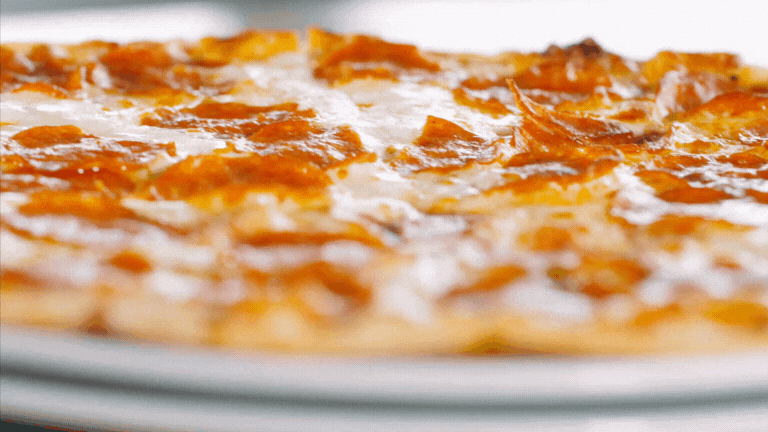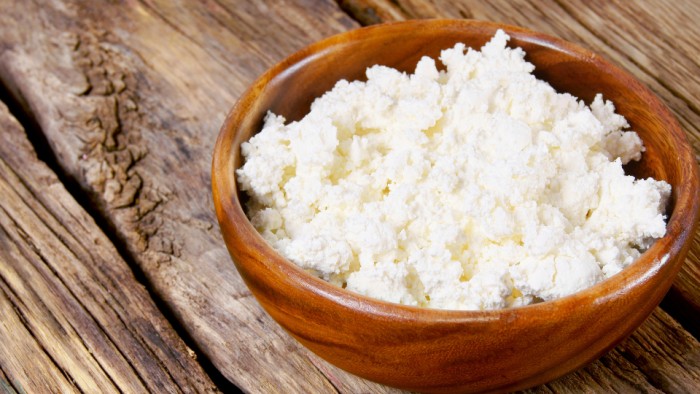Can cottage cheese be cooked?
Let’s first understand cottage cheese white cheese that is soft, crumbly, and somewhat flavourful is called cottage cheese. Since it is fresh cheese, unlike cheddar or parmesan, it is not aged. Rather, it is created with curdled typically skim milk in which part of the whey liquid is kept. its distinctively creamy and airy feel comes from this.

How cottage cheese produced
- The process of curdling involves heating and acidifying milk, commonly using bacterial cultures, to separate the solid curds from the liquid whey.
- After washing to get rid of the acidity, the curds are combined with cream or other stabilizers to get the right consistency and flavor.
- There are three types of cottage cheese Full Fat, Low Fat, and Non-Fat. It also has various curd varieties.
Can cottage cheese be cooked?
Technically cheese can be cooked, but it’s crucial to know what occurs when you do
Low Heat
Safe and nutrient-retaining
cottage cheese may be heated to moderate heat around 180 degrees Fahrenheit or 82 degrees Celsius without posing a serious risk. This is typical for recipes that involve gradually warming cheese and combining it with other ingredients, such as dips, sauces, and fillings. Most of the nutrients in the cottage cheese are preserved using this procedure.
Texture Change
But even a little heating can loosen and give cottage cheese a little gritty texture. Some people might not find this appealing, Particularly those who prefer the crumbly, fresh texture of raw cottage cheese.
 High Temperature
High Temperature
Changes in texture and curdling risk
Cottage cheese can undergo notable transformations when it is exposed to high heat (180 F/ 82 C). Chese milk solids may crudle, giving it a rubbery feel and perhaps causing the whey to separate. This may not be enticing and detract from the whole experience.
Loss Of Nutrients
High heat can also cause certain nutrients, such as vitamin B12, to be lost from the cottage cheese
To Sum Up
In general, it depends on the desired outcome and the specific use of the cottage cheese. If you are looking to retain its fresh texture and maximize nutrient content, you might be better off enjoying it uncooked. But if you’re using it in a recipe where a cooked texture is desirable, feel free to explore recipes that incorporate heated cottage cheese safely and effectively.
Breakdown OF On Heating
| Aspect | Low Heat | High Heat |
| Safety | Safe | Risk of curdling |
| Nutrients | Minimal loss | Potential loss |
| Texture | Softer, slightly grainy | Rubbery, separated |

Does Cottage Cheese Melt In Recipes?
Remember, Cottage cheese doesn’t melt in the traditional sense. Instead, it softens and integrates at moderate temperatures, offering creaminess without the goo. However. high heat leads to curdling and unpleasant texture, which is best avoided. Choose your recipes wisely and treat cottage cheese as a unique ingredient that adds protein and a delightful creaminess, not melty goodness.


